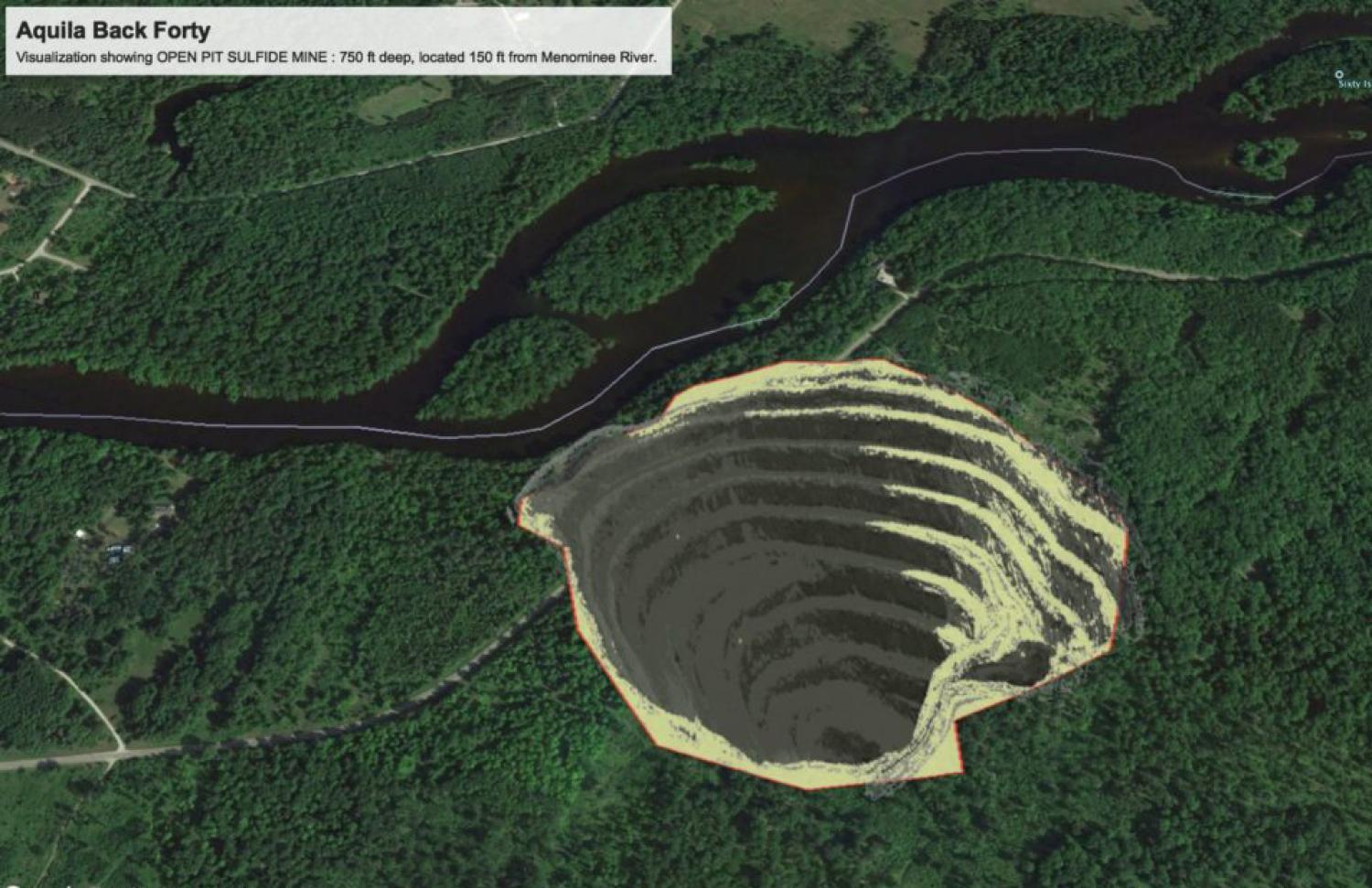Global Demand for Transition Minerals Requires Immediate Consideration of Indigenous Peoples’ Rights throughout Policy and Practice

The growing urgency around solving for climate change impacts has steered the global dialogue to the need for greener and cleaner energy. Industry and governments alike are making ambitious commitments to bring about this energy transition. This year, global investors, banks, and insurance companies committed to using combined capital of $130 trillion to reach net zero emissions by 2050. In the U.S., the Biden Administration outlined its proposed actions to meet its 2030 goals, in part by incentivizing zero-emissions electric vehicles (EVs). These and similar initiatives throughout the world are creating a significant demand for transition minerals that will increase the demand on production by nearly 500 percent by 2050.
The technology needed for this shift to clean energy and low-carbon economies requires minerals such as lithium, cobalt, copper, zinc, manganese, and nickel. These minerals are critical components to create sources of clean energy like batteries for EVs, energy grids, wind turbines, solar panels and electromagnetic components used for hydropower. Importantly, many transition minerals are located on Indigenous Peoples’ land and territories, which means that Indigenous Peoples will certainly be impacted by this rising demand for minerals.
Transition minerals are generally mined using water-intensive practices and/or open-pit mining, and many of the companies that extract these minerals have histories of unsustainable mining practices that result in serious human rights violations. The long-term results of this type of mining are known: polluting lands, water, and resources; destroying sacred sites; perpetuating increased rates of violence against land defenders; and trafficking of women and children. And these violations are bound to continue with this global move to net zero without a hard look at how past practices around the mineral supply chain and human rights can be redesigned, reformatted, and better implemented for people and planet.
Indigenous Peoples, whose rights are enumerated in the United Nations Declaration on the Rights of Indigenous Peoples (UNDRIP), have the right to self-determination, which necessarily includes the right of free, prior, and informed consent (FPIC). In short, Indigenous Peoples have the right to determine what happens or does not happen to their land and peoples. This means, when mining companies want to extract minerals from their lands, Indigenous People have the right to be engaged at every stage of decision-making and to give or withhold their consent for development. Companies that buy or develop minerals from the lands of Indigenous Peoples – including automakers, technology manufacturers, smelters and suppliers – must make every effort to confirm that their rights are being fully respected.
Integration of Indigenous rights is also critical to business success. It facilitates rights recognition, supports equitable economic development, and enhances community wellbeing, whereas failing to address Indigenous rights adequately can result in substantial financial consequences and reputational damage for companies and their portfolios. Engaging in a meaningful relationship with Indigenous Peoples encompasses substantial consultation and seeking and obtaining FPIC before implementing activities that negatively impact Indigenous Peoples. This reduces risks and increases benefits to investors, companies, governments, and affected communities.
First Peoples Worldwide is working with partners to develop a coordinated campaign to elevate the emerging and urgent issue of this global energy transition. The first aim is to support Indigenous communities globally to engage directly with mining companies, big tech, and suppliers to raise awareness at the intersection of mining impacts and the rise in demand for transition minerals. The second aim is to create capacity for investors about this issue and to champion Indigenous-led solutions and innovations around economic and energy sovereignty. The research and tools will:
Articulate the underlying social and economic inequities that the low carbon transition might precipitate;
Explore the risks and opportunities that the transition may pose for Indigenous Peoples;
Ensure Indigenous Peoples share in the benefits of economic transition; and
Develop and amplify targeted strategies to amplify Indigenous priorities to a global audience.
As demand for transition minerals grows, Indigenous Peoples and impact investors are working to ensure that mining practices and supply chain sourcing do not replicate rights violations or harms historically prevalent in the fossil-fuel based economy. A true “just transition” to a low-carbon future centers Indigenous Peoples’ rights, lands, and livelihoods in all decision-making where there may be impacts.
Related Article:
Image: The Menominee River, sacred to the Menominee Indian Tribe of Wisconsin, is under threat from proposed mining 150 ft away. Via.

